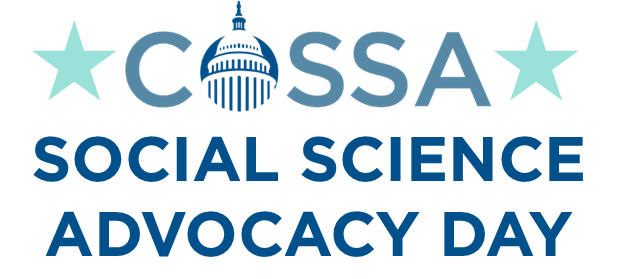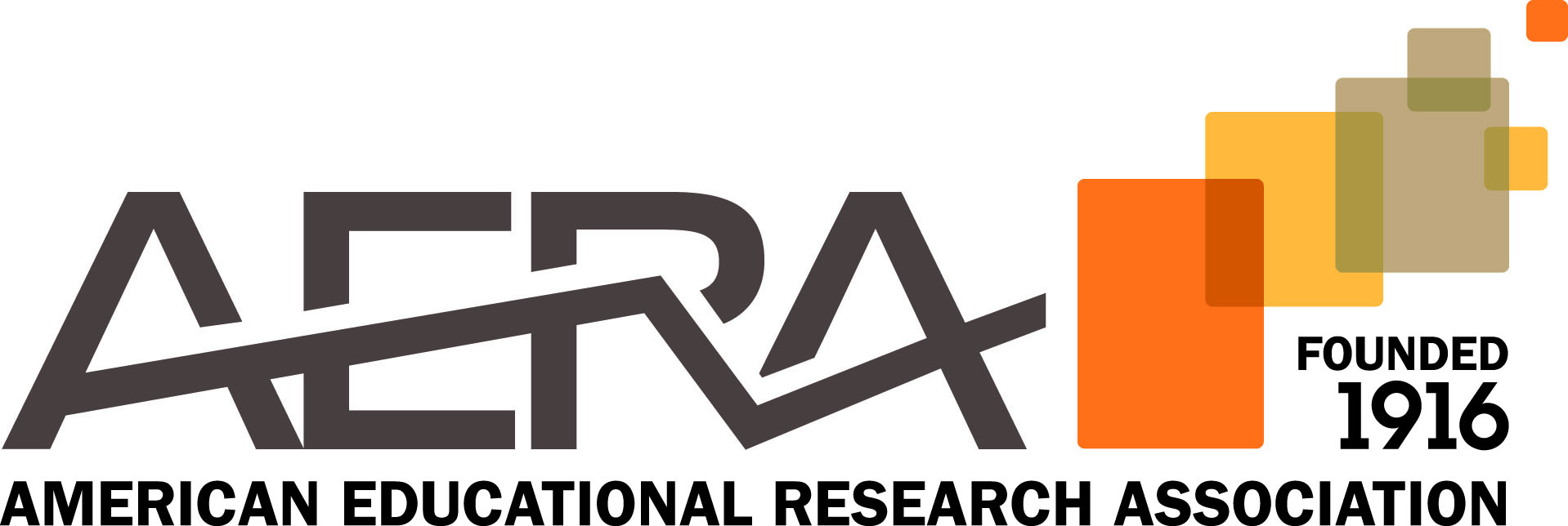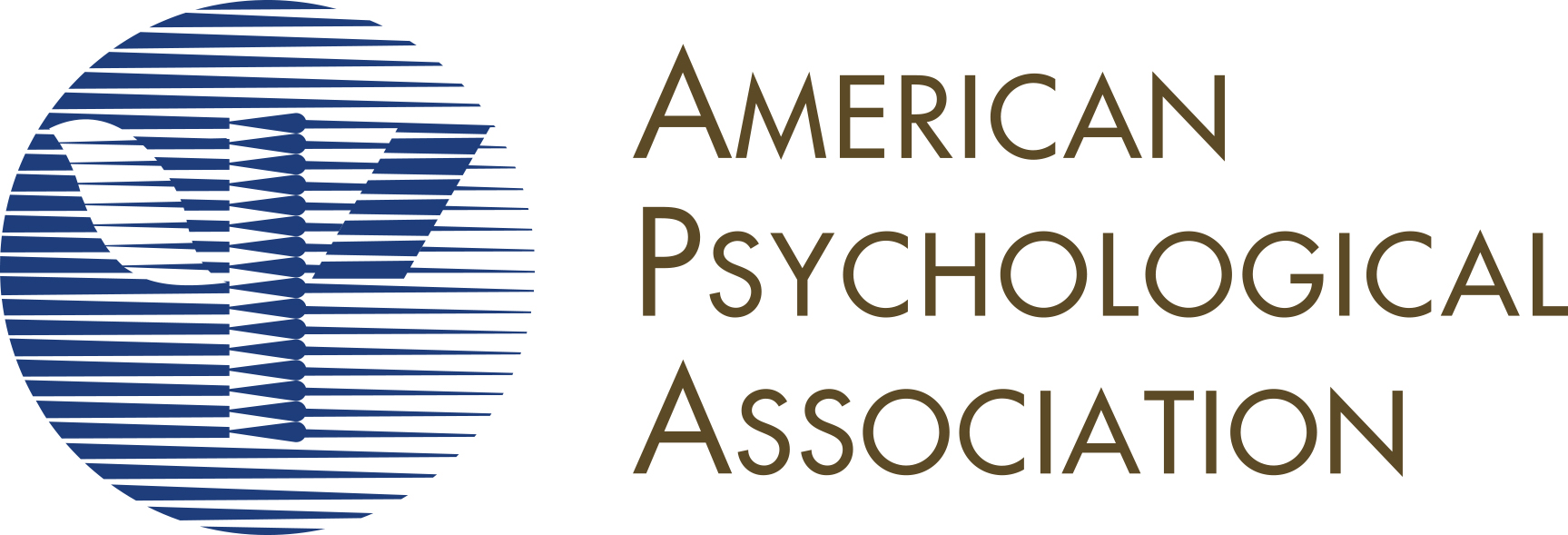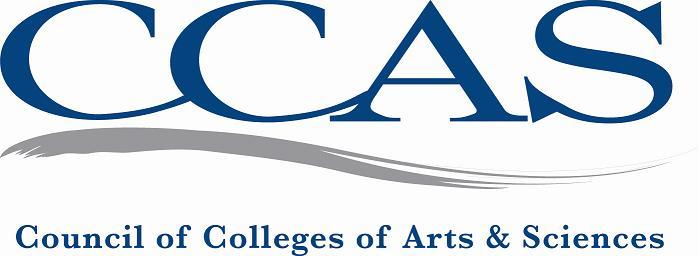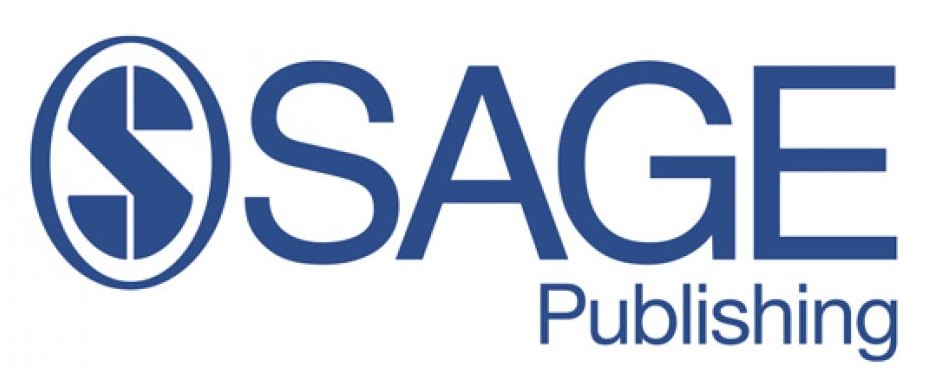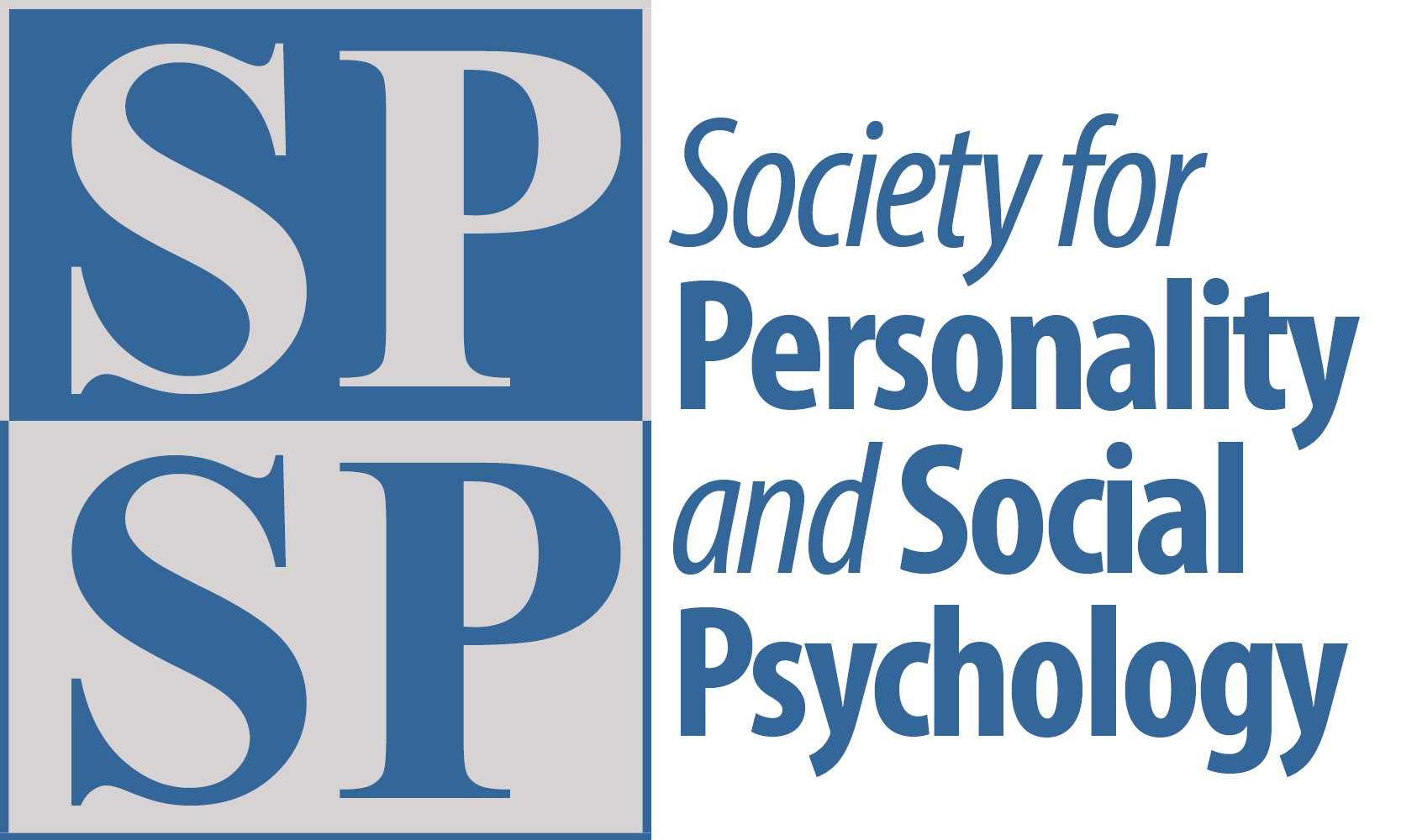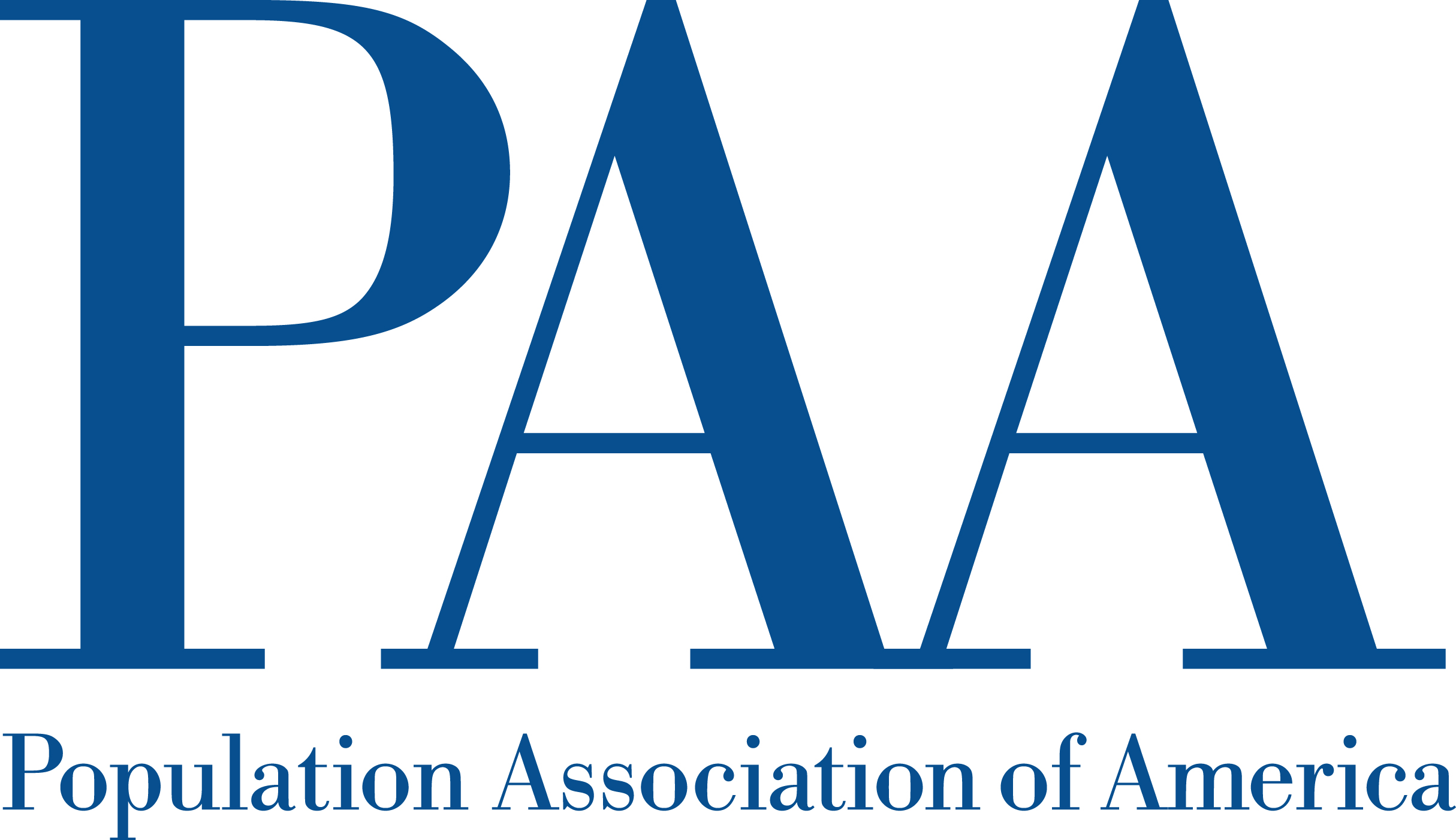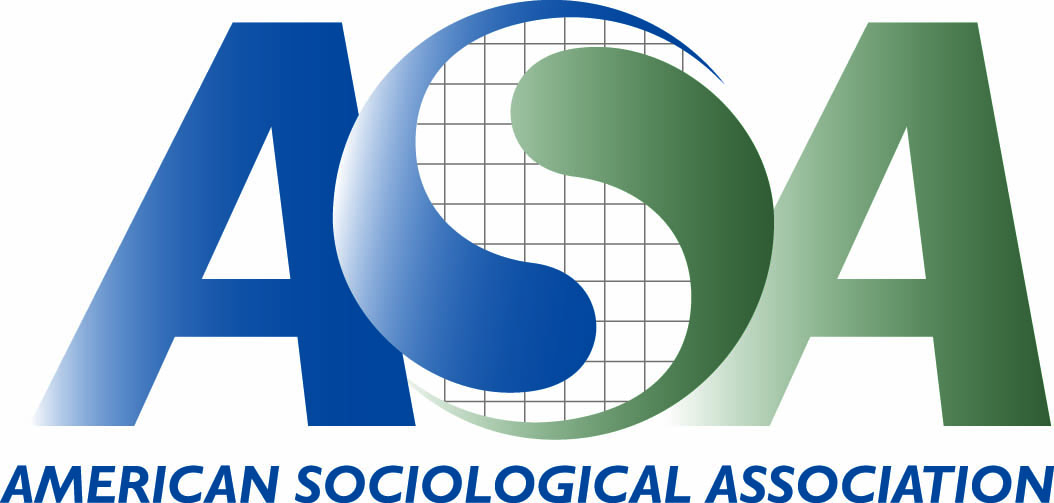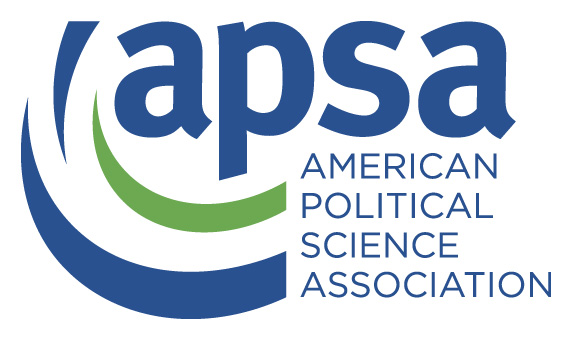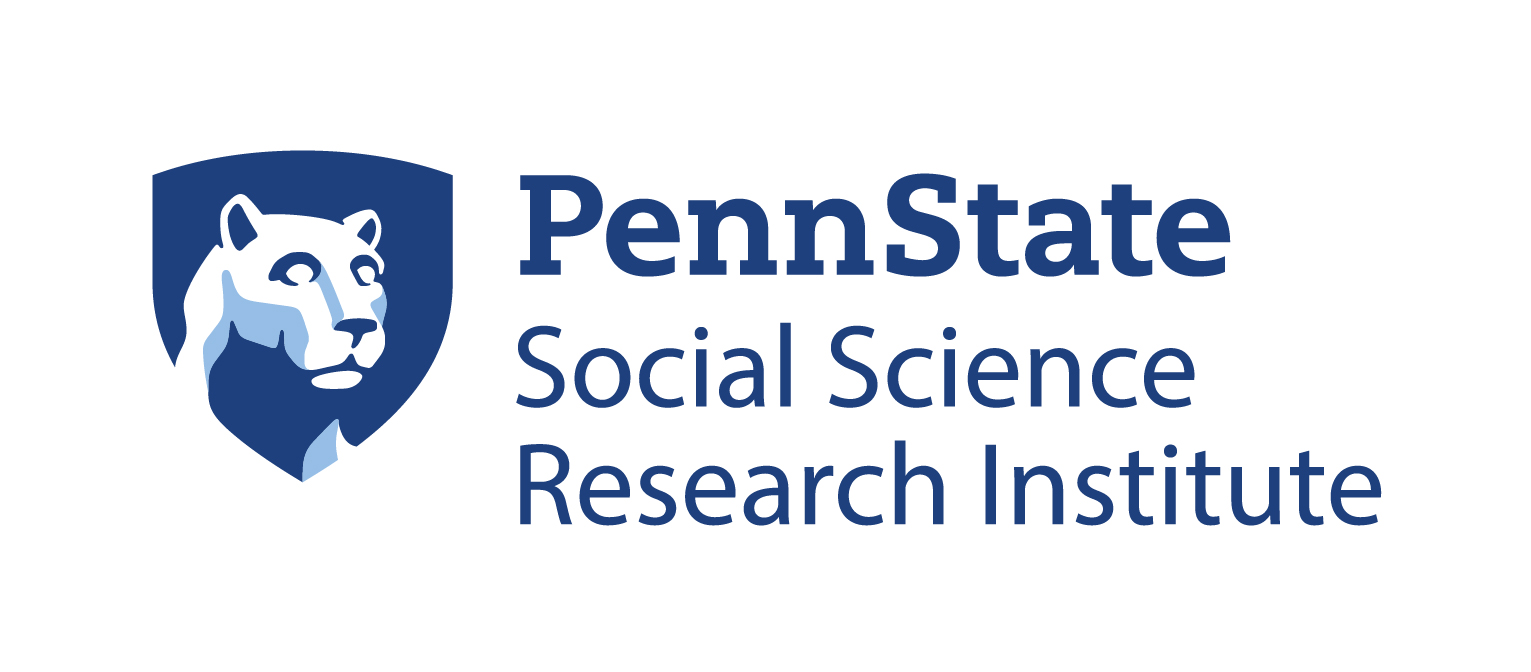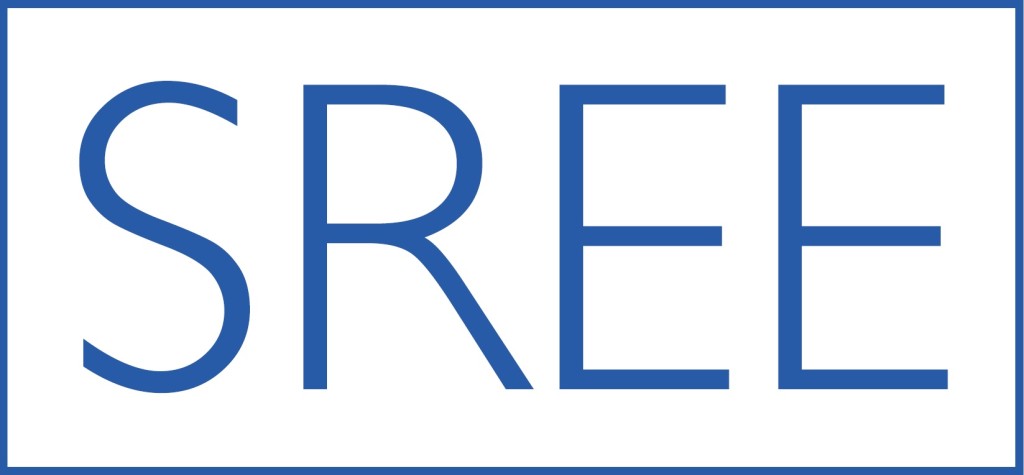
2018 Science Policy Conference & Social Science Advocacy Day
April 30, 2018-May 1, 2018
COSSA held its 2018 Science Policy Conference and Social Science Advocacy Day on April 30-May 1 in Washington, DC. The conference and advocacy day brought together COSSA members and other stakeholders for a day of discussion about federal policy impacting our science followed by the only annual, coordinated advocacy day in support of all of the social and behavioral sciences.
Plenary panels included “Post Truth: Communicating Facts, Not Fiction,” featuring William K. Hallman, Rutgers University; Cary Funk, Pew Research Center; and Melanie Green, University at Buffalo; “Me Too, Sexual Harassment in Science and the Academy,” featuring Elizabeth Armstrong, University of Michigan; Rhonda Davis, National Science Foundation; and Shirley Malcom, American Association for the Advancement of Science; and “Reestablishing Trust in Social Science & Data,” featuring Rush Holt, American Association for the Advancement of Science; Arthur Lupia, University of Michigan; and Brian Nosek, Center for Open Science. The 2018 meeting also featured topical breakout sessions on the theme “Why Social Science?” that covered National Security, the Opioid Epidemic, Natural Disasters, and Criminal Justice. Summaries of the conference sessions are below.
Session Summaries
Program
Plenary Panel: Reestablishing Trust in Social Science & Data
The day began with a session on Reestablishing Trust in Social Science and Data, featuring Rush Holt, American Association for the Advancement of Science (AAAS); Arthur Lupia, University of Michigan; and Brian Nosek, Center for Open Science, and moderated by Nancy Kidd, American Sociological Association. Holt, speaking from his experience both as a former Member of Congress and as CEO of AAAS, explained that one factor contributing to mistrust of science—particularly by policymakers in Congress—is a misunderstanding of science as simply the work-product of scientists, as opposed to a tool anyone can use to understand how the world works and make better decisions. Holt pointed out that social scientists are especially well-suited to explain why science is important and that telling the story behind a research project can be a good demonstration of how and why science works.
Lupia noted that thanks to the internet, science must compete for attention with other sources of information and analysis. Scientists must demonstrate to the public and policymakers why science is deserving of scarce funding resources and why it is trustworthy. Current practices—lack of transparency, unwillingness to share data, p-hacking, and strong incentives to publish notable findings but weak incentives to explain how those discoveries emerged—threaten our ability to make these arguments. Lupia argued that standards and practices need to be implemented to help change these incentives, scientists have an obligation to make the practice of science more open and transparent and earn the public’s trust in order to continue to generate discoveries that could help people.
Nosek shared survey data that illustrated that scientists identify lack of openness and transparency as an issue for science, but they tend to view their colleagues as “the problem” while seeing no issues with their own behavior. He shared some tools developed by the Center for Open Science that aim to incentivize openness and transparency, including badges to highlight research that adheres to open practices (open data, open materials, pre-registration), data repositories to facilitate sharing, and conducting peer review prior to data collection. Nosek pointed out that the ecosystem of science encompasses multiple sets of institutions—universities, publishers, funders, and societies—and each needs to identify ways to shift their incentives to encourage openness and transparency.
Plenary Panel: Me Too, Sexual Harassment in Science and in the Academy
Following the theme of trust in science, the second plenary panel addressed cultural change and the role of institutional leadership to address sexual harassment in science and in the academy. Moderated by Felice Levine of the American Educational Research Association, the panel included Elizabeth Armstrong of the University of Michigan, Rhonda Davis of the National Science Foundation (NSF), and Shirley Malcom of the American Association for the Advancement of Science (AAAS). Armstrong, a sociologist with research interests in sexuality, culture, organizations, and higher education, discussed the challenges of cultural and organizational change. Both types of change, from faculty and student culture to methods of selecting leadership and hiring staff, must change to see gender equity in higher education. Rhonda Davis of NSF provided the perspective of this culture change from federal agencies. She provided an overview of the many steps NSF has taken to eliminate sexual harassment in science and engineering over multiple years, including new award terms and conditions and ability to review institutional Title IX violations and revoke funding if necessary. Shirley Malcom of AAAS added that frank discussion of what creates hostile work environments is central to combatting sexual harassment in science and higher education and how hostile work environments affect the number of people who leave and institution or field – not just those who stay. The panel agreed that more research on the topic of sexual harassment and misconduct is needed and that symbolic compliance and one-off trainings will not result in changing culture.
Plenary Panel: Post Truth: Communicating Facts, Not Fiction
The final session, Post Truth: Communicating Facts, Not Fiction, featured Cary Funk, Pew Research Center; Melanie Green, University at Buffalo, SUNY; and William K. Hallman, Rutgers University; and was moderated by Trevor Parry-Giles, National Communication Association. Funk argued that while political polarization is one of the defining features of American politics today, it is not the only factor that affects public opinion, particularly when it comes to issues related to science. Instead, political views intersect with a number of other factors, such as religious ideology, demography, and other values, all of which combine to create a very fragmented set of public audiences for information on scientific topics. Those seeking to communicate accurate scientific information should try to tailor their messages to various sub-groups in order to effectively convey the information effectively.
Green explained that her research focuses on how we process information from stories and narratives and how people understand the information they hear in fiction—particularly popular entertainment. The acceptance and persistence of misinformation is influenced by the social context in which the misinformation exists and by the ways misinformation can be embedded within a larger network of knowledge. Green observed that correcting misinformation can be difficult—sometimes repeating the myth in order to correct it can help spread the incorrect version. Because we tend to understand information better through stories than through detached facts, Green suggested that explaining why something is incorrect is more effective than simply providing a factual correction. Hallman argued that those trying to correct misinformation need to identify their own goals and motivations in order to tailor the message they are sending. He suggested that scientists should try to communicate the idea of “provisional facts”—what we know based on the best available information we have right now—in order to help people understand why scientific information can change without having been “false.” In order to communicate this concept, Hallman said, scientists should tell people what we know, how we know it, what we don’t know, why that matters, and what we are doing to get more information.
Breakout Sessions: Why Social Science?
Improving the Criminal Justice System
Nancy La Vigne, Vice President of Justice Policy at the Urban Institute; Olugbenga Ajilore, Professor of Economics at the University of Toledo; and David Yokum, the Director of the Lab @ DC discussed the many ways social science helps improve the criminal justice system. Moderated by Richard Lempert of the University of Michigan, the panel discussed the many ways social science has been used to combat conventional wisdom related to criminal justice and how social science research can help create a more effective and just criminal justice system. Integrating social science research into the analysis of the effects of gun violence, integrating social science findings into criminal justice policy, and using social science to better understand what impacts policy changes could have were all discussed.
Responding to Natural Disasters
The Why Social Science? breakout session on Responding to Natural Disasters featured Brandi Gilbert, Urban Institute, and William Hooke, American Meteorological Society, and was moderated by Edward Liebow, American Anthropological Association. Gilbert explained that social science can help us respond to natural disasters and enhance communities’ resilience— a concept that is more than just a buzzword. She suggested that research into the cumulative impacts of chronic stress on communities (food insecurity, financial instability, low educational attainment) can be a useful framework for those looking at the impacts of natural and man-made hazards on communities. She also observed that health in general, and the social determinants of health in particular, are often overlooked when it comes to disaster research, but health plays an enormous role in determining communities’ resilience.
Hooke, who co-chaired the authoring committee of the National Academies report Integrating Social and Behavioral Sciences Within the Weather Enterprise, explained that using forecasts and information about weather to protect life and property necessarily involves the social sciences. He noted that historically, social scientists have been limited in the work they could carry out by small, fragmented, and intermittent federal support for this type of research, but that some federal weather agencies are working to integrate people with expertise in the social sciences into their leadership. He argued that trend of sharply increasing losses from natural disasters is primarily due to a failure to learn from past experience. He suggested the disasters response community should learn from the air transportation safety community, in which stakeholders from the industry and government work together to identify the root causes of any crash or accident and ensure that they never happen again, rather than accepting some amount of loss as “routine.”
Combatting the Opioid Epidemic
The Why Social Science? breakout session on Combatting the Opioid Epidemic featured Ahlishia J’Nae Shipley, U.S. Department of Agriculture (USDA) National Institute of Food and Agriculture (NIFA); Leo Beletsky, Northeastern University; and Lee Hoffer, Case Western Reserve University, and was moderated by Howard Kurtzman, American Psychological Association. Shipley, who administers cooperative extension programs at NIFA that aim to help rural communities address opioid abuse and misuse, argued that the epidemic cannot be addressed without social science. NIFA is supporting programs that aim to strengthen protections against opiate abuse and reduce risk factors for addiction, as well as evaluating non-opioid treatments for pain (including behavioral interventions) that can reduce dependence. Shipley also suggested that more research can be done into the science of effective partnerships, since many stakeholder groups must work together to treat and prevent addiction, and into the behavioral health of workers in the agricultural sector.
Hoffer discussed his ethnographic research which engages people affected by the opioid crisis and invites them to educate us on what their lives are like and what is important to them. This epidemic is often misunderstood as primarily about individuals’ physical and mental health, but Hoffer suggested that people’s social networks can also affect their risk for addiction. Beletsky discussed his research looking at law and law enforcement as structural determinants of behavior. He pointed out that laws and policies are rarely tested to determine whether they will accomplish their intended goals and often have unintended consequences. He called for more research into how laws affect behavior. Beletsky argued that the opioid epidemic is a symptom of larger underlying crises: rural poverty, health care deserts, and unmanaged physical and emotional pain. He noted that policies generally target the supply side of the opioid crisis (manufacturing, access, and markets), but that much more work needs to done to address demand for these drugs—and that this is an area in which social science plays a large role.
Enhancing National Security
The panel on social science applications to enhancing national security included Claudia Brugman of the Center for Advanced Study of Language at the University of Maryland, David Honey of the Office of the Director of National Intelligence, and David Segal of the Center for Research on Military Organization at the University of Maryland. Brugman discussed the importance of language as part of our strategic relationship with the rest of the world and that social science research can help save money, but more importantly, prevent the wrong people from dying. Segal added that social science has been utilized by the military since World War I and has been used in military decision making in many ways – including making the decision to end the draft, in helping deliver services to military families, and welcoming gay and trans soldiers into the military. Honey, who serves as the Science and Technology Director in the Office of the Director of National Intelligence discussed that there is still some institutional resistance within the intelligence community towards social and behavioral science, but that the decadal survey currently underway at the National Academies of Sciences, Engineering, and Medicine can help the social science community more opportunities to work with the intelligence community.
Thank you to our sponsors!
2017 Science Policy Conference & Social Science Advocacy Day
2016 Annual Meeting & Advocacy Day
2015 Annual Meeting & Advocacy Day

